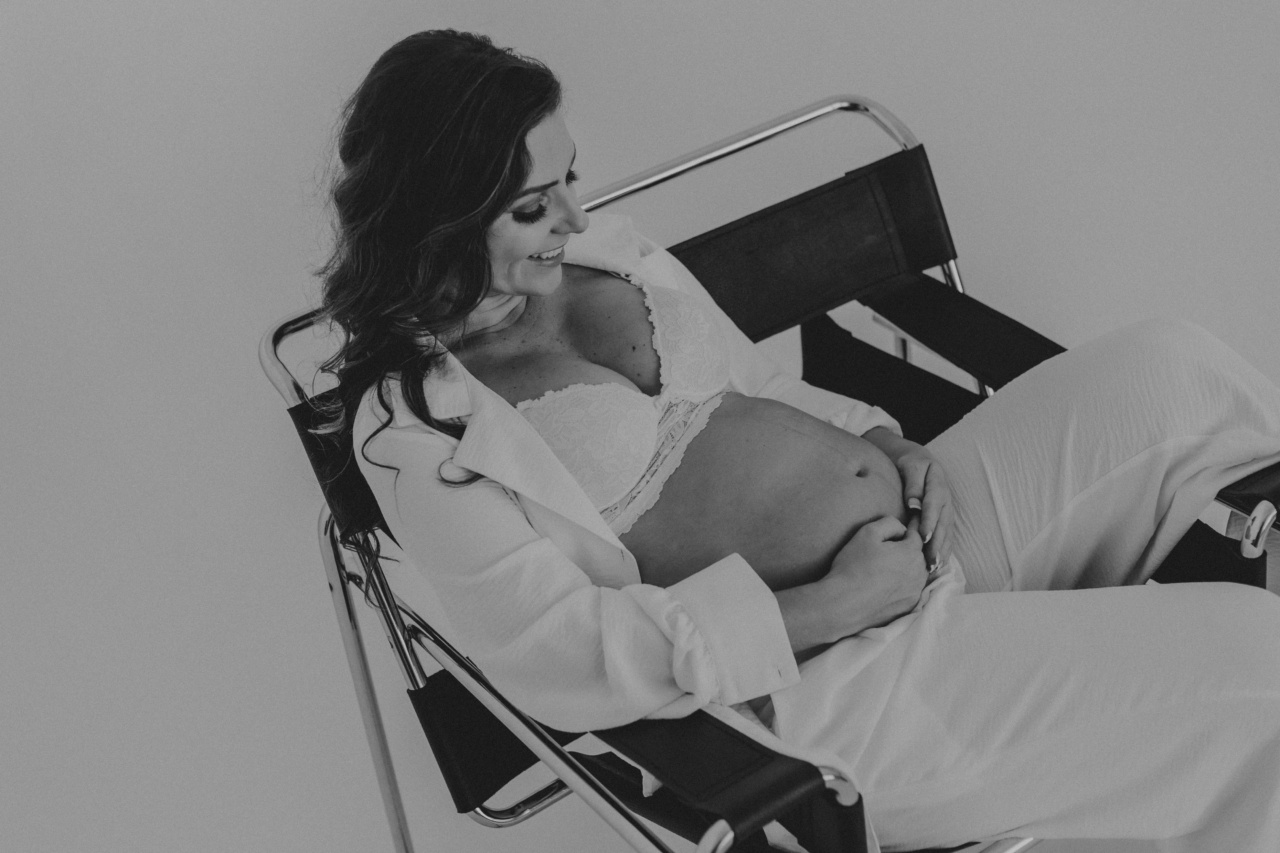There is something fascinating about twins. Whether you are expecting or already a parent of twins, congratulations! You are one of the lucky ones to experience double the joy and double the love.
But, have you ever wondered why some women have twins? Is it just a coincidence, or are there factors that play into having a multiple pregnancy? In this article, we will delve deep into the reasons and factors of twin pregnancy.
What are the Types of Twin Pregnancy?
Twin pregnancy can be of two types: identical twins or fraternal twins.
Identical Twins
Identical twins are the result of a single fertilized egg that splits into two. This type of pregnancy occurs completely by chance, and there are no apparent hereditary or environmental factors that contribute to it.
Just because you have given birth to identical twins in the past doesn’t mean that you will conceive them again. In addition to that, there is no way to increase your chances of having identical twins.
Fraternal Twins
Fraternal twins are result from two separate fertilized eggs. Unlike identical twins, having fraternal twins is due to genetic factors that can be passed down from generations.
Women who have a history of fraternal twins in their family have a higher chance of giving birth to them. Moreover, women who undergo fertility treatments, such as in vitro fertilization, are at a higher risk of having a multiple pregnancy, and this happens because more than one fertilized eggs are implanted in the uterus.
What Are The Factors That Contribute To Twin Pregnancy?
Age
Studies show that older women have a higher chance of giving birth to twins than younger women.
There is an increase in hormone levels in older women and as a result, release more than one egg during ovulation, increasing chances of a multiple pregnancy. Moreover, fertility treatments such as in vitro fertilization are more often used as women get older, increasing chances of twin pregnancy.
Family history
As mentioned earlier, a family history of fraternal twins increases the chances of having twins. This is because some women’s ovaries release more than one egg per cycle.
Fertility treatments
Assisted reproductive technology (ART), including fertility treatments like in vitro fertilization, increases the chances of having twins and multiples.
In ART cycles, doctors often plant more than one embryo in the uterus increasing the probability of having multiple pregnancies.
Height and weight
Studies have found that taller and heavier women face a higher risk of having twins. This is because taller women have more insulin-like growth factor which causes their ovaries to release more than one egg.
In addition to that, obese women have higher levels of estrogen which can lead to the release of more eggs. Therefore, having a healthy weight and exercising regularly can lower the chances of twin pregnancy.
Ethnicity
Studies show that twin births rates are higher among African or Black women.
Not only that, but certain ethnic groups such as Central African Yoruba and the Cameroon populations have a much higher chance of having twins than any other ethnic groups worldwide.
Previous pregnancy
Women who have previously given birth to twins have an increased chance of having multiple pregnancies in future pregnancies too.
Breastfeeding
Fertility decreases when breastfeeding, but it does not completely diminish. If a woman ovulates while breastfeeding, the chances of having fraternal twins are higher due to the surge in hormone levels.
How to Cope with Twin Pregnancy?
Being pregnant with twins can be a challenging experience. Therefore, it is essential to have a proper prenatal care routine in place.
Regular prenatal checkups, healthy dieting, regular exercises, and getting enough rest are essential in promoting the health of the mother and the babies. Coping with twin pregnancy can be a challenging experience, and it can be helpful to join a support group to help decrease stress levels and to chat with other mothers who are experiencing the same thing.
The Bottom Line
While twin pregnancies can occur by chance, several factors contribute to the probability of having a multiple pregnancy. Understanding these factors and making necessary changes in lifestyle choices can help with a healthy pregnancy and healthy babies.
As always, women should always consult with their doctor and follow medical advice when it comes to their pregnancy.





























